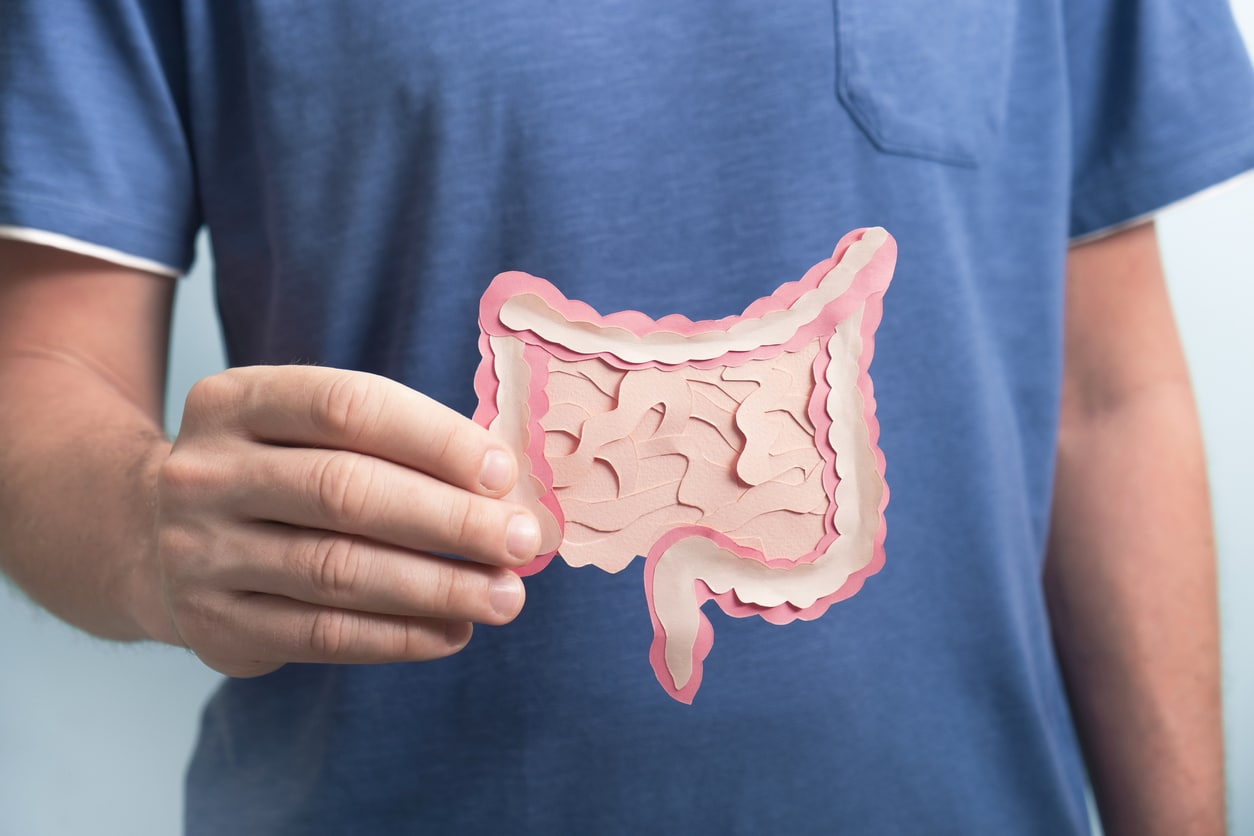Autoimmune Diseases Occur When The Immune System Mistakenly
Attacks The Body’s Tissues. Examples Include Rheumatoid Arthritis, Lupus, Type
1 Diabetes, And Multiple Sclerosis.
1.
Dysbiosis And Immune Dysregulation
Studies Show That People With Autoimmune Diseases Often Have
A Less Diverse Gut Microbiome. Certain Harmful Bacteria Can Overgrow, Releasing
Toxins That May Overstimulate The Immune System, Leading To Autoimmunity.
2. Leaky
Gut Syndrome
A Compromised Intestinal Barrier Allows Inflammatory
Substances To Enter The Bloodstream. This Can Confuse The Immune System And
Lead To The Production Of Autoantibodies, Which Attack Healthy Tissues.
3. Chronic
Inflammation
Gut Dysbiosis Can Promote Systemic Inflammation, A Key Driver
Of Autoimmune Diseases. For Instance, Inflammation In The Gut May Worsen
Symptoms Of Rheumatoid Arthritis Or Inflammatory Bowel Disease (IBD).
Signs
Your Gut Health May Be Affecting Your Immune System
- Frequent Bloating, Gas, Or Digestive Discomfort.
- Chronic Fatigue Or Brain Fog.
- Skin Issues Like Eczema Or Psoriasis.
- Food Intolerances Or Sensitivities.
- Persistent Inflammation Or Recurring Infections.
If You Have These Symptoms Alongside An Autoimmune Diagnosis,
Improving Gut Health Could Be A Valuable Part Of Your Treatment Plan.
Steps To Support Gut Health And Reduce Autoimmune Risks
1. Adopt A
Gut-Friendly Diet
Increase Fiber Intake: Include Fruits, Vegetables, Whole
Grains, And Legumes To Feed Beneficial Gut Bacteria.
Avoid Inflammatory Foods: Minimize Processed Foods, Added
Sugars, And Artificial Additives.
Consider Anti-inflammatory Foods: Turmeric, Ginger, And
Omega-3-rich Foods Like Salmon Can Reduce Gut Inflammation.
2. Take
Probiotics And Prebiotics
Probiotics: Found In Yogurt, Kefir, Sauerkraut, And
Supplements, These Introduce Beneficial Bacteria.
Prebiotics: Foods Like Garlic, Onions, And Bananas Provide
The Fuel Gut Bacteria Need To Thrive.
3. Heal The
Gut Lining
Incorporate Bone Broth, Collagen Supplements, Or Glutamine-rich
Foods Like Spinach And Cabbage To Strengthen The Intestinal Barrier.
4. Manage
Stress
Chronic Stress Disrupts Gut Bacteria And Increases
Inflammation. Practice Mindfulness, Meditation, Or Yoga To Keep Stress Levels
In Check.
5. Get
Enough Sleep
Quality Sleep Allows The Body To Repair And Supports A
Healthy Immune Response.
6. Limit
Antibiotic Use
While Sometimes Necessary, Antibiotics Can Disrupt The Gut
Microbiome. Use Them Only Under Medical Guidance And Follow Up With Probiotic
Support.
7. Seek
Professional Guidance
Functional Medicine Practitioner Can Perform Tests To Assess
Your Gut Health And Recommend Targeted Therapies, Such As Microbiome Analysis
Or Specific Supplements.


